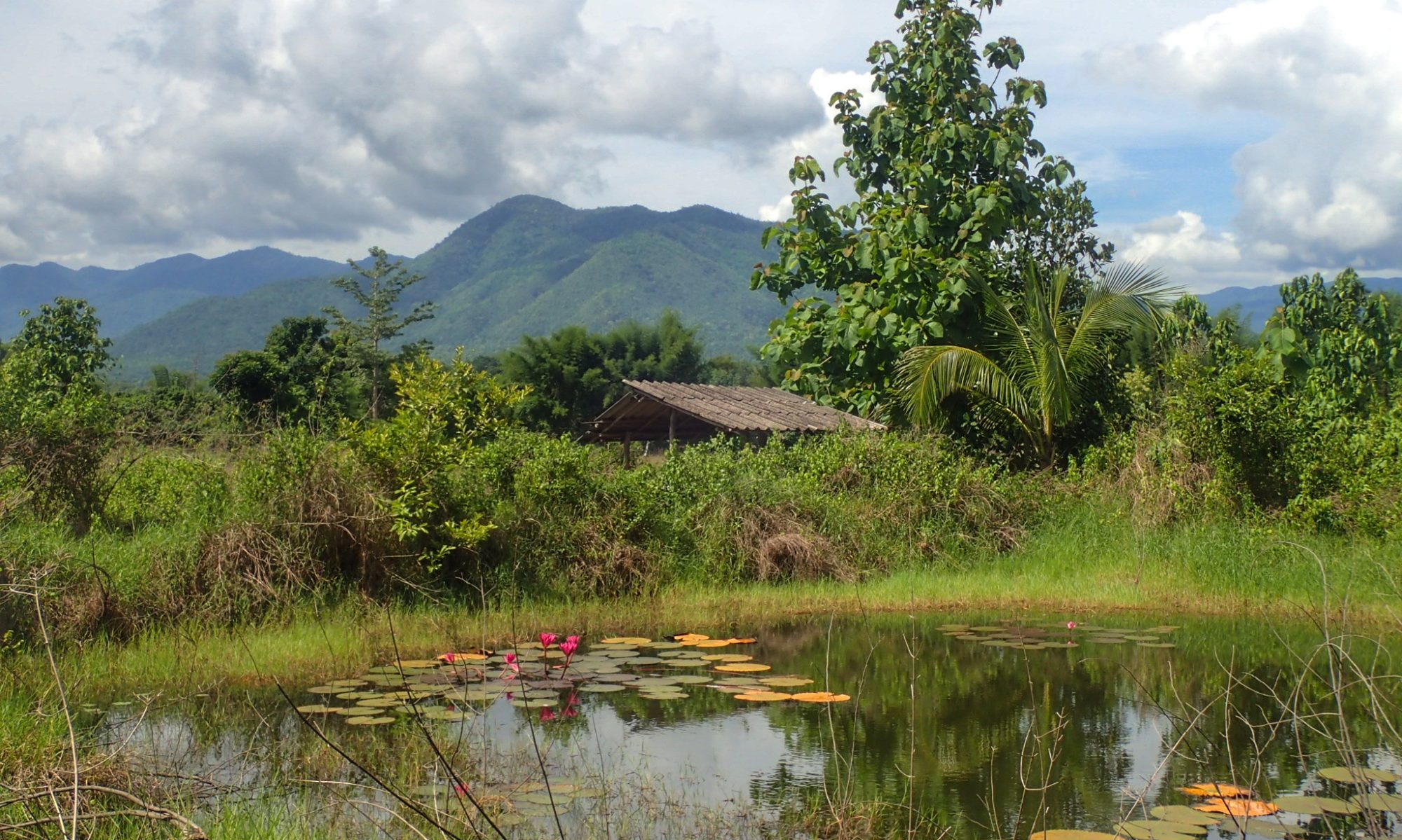I’m fascinated by language, so as we travel, I have a spreadsheet on my phone with about 100 words and phrases that I translate to the local language. Three of the words are: breakfast, lunch, and dinner.

It’s really interesting that the words used to describe these meals often say something about the culture’s perception of those meals.
Disclaimer: I’m not a linguist, so I’m probably drawing some conclusions that aren’t 100% correct, but it’s something fun to think about, especially as we are cycling and begin to get hungry.
In English, for example, it’s easy to see how breakfast refers to “breaking the fast”; you’ve been fasting during sleep, and the point of breakfast is to get something to eat quickly to recover your energy. Also, lunch, dinner, and supper have different connotations about the time and the types of food typically eaten, so it makes sense they have words with different etymologies.
Similarly, in French, the word “déjeuner” literally means “to end a fast”. Traditionally, French didn’t eat a mid-day meal, so déjeuner was the first meal of the day. However, in modern times, déjeuner is eaten at noon-time, and so the French now say “petit déjeuner” for the morning meal, literally, “small déjeuner”. And breakfast in France is usually small and simple, a croissant or toast with jam.
In Turkish, the words for lunch and dinner are “öğle yemeği” and “akşam yemeği”, respectively. Literally meaning “noon food” and “evening food”. I find it interesting that the terms are so generic, and it reflects the reality that Turks seem to eat whenever they want and many dishes are often offered all day long, so the only thing to specify about a meal is what time it is eaten. Breakfast, however, has its own word, “kahvaltı”, which literally means “before coffee”, and describes the tradition of eating a hearty morning meal followed by strong Turkish coffee.
I didn’t expect so much of the food culture to make its way into the language like this, but in retrospect it totally makes sense, and I look forward to learning more as we continue to travel!


Yes, I too find this connection, between meal names and perception to be nteresting . Thanks for spreadsheet idea too.
Not food related but language related. I thought I’d prepare you in advance. Thai people do not like to say “no” as they believe it breaks the harmony of their group orientated culture. Even the word for “no” is “mai chai” which translates into “not yes”
Well crap. I thought there was no word for “yes” either? That’s what one Thai taught me. How do you get by without yes and no? Lol
This is something I would do…a spreadsheet for words.